
The government must be prudent in its spending as the country exits the Extended Credit Facility (ECF) programme with the International Monetary Fund (IMF) this year, the immediate past Finance Minister, Seth Terkper has cautioned.
Mr Terkper, who stated this in the Accra Speaks series in Accra yesterday, indicated that prudent spending would critical to ensure that the economy was not thrown out of gear through unbridled borrowing.
The Accra Speaks series was organised by woezor TV and Event PR to analyse the 2019 Budget Statement and Economic Policy of the government.
It was on the theme 'Ghana: past, present and prospects' and attended by participants from a section of the public and the Ghana Union of Traders Association (GUTA).
Mr Terkper, who was the keynote speaker, said the tendency of the government to overspend the budget and resort to excessive borrowing was high since the country was exiting the ECF programme with the IMF.
Ghana sought the ECF with the IMF for an amount of $918 million to shore up the economy and also for policy credibility.
The former Finance Minister said the government had to be cautious in weaning itself of the IMF programme and raise financial resources locally, especially from the Oil and Gas sector since oil production had jumped from 73,000 barrels per day to 179,000 barrels per day.
'Government has to build more financial buffers as the country leaves the IMF programme," he said.
To this end, Mr Terkper said the government must adequately allocate financial resources to the Stabilisation, Sinking and the Ghana Infrastructure Funds to raise money domestically to finance infrastructure and other programmes of the government instead of resorting to borrowing.
The Former Finance emphasised the need for the government to invest massively in the real sector of the economy, especially the Oil and Gas sector and link it to agriculture, to create employment for the youth as well as provide revenue for the government.
For instance, Mr Terkper said Petrochemical industries needed to be established to produce fertilizers to feed the agriculture industry.
"With the country's attainment of a Middle Income Economy status, which is thus weaning the country of AID, it was imperative for the government to invest in sectors of the economy which would generate more revenue for the State," he said.
On the issue of taxation, Mr Terkper said there was the need for the government to charge the banking industry Value Added Tax (VAT) instead of charging informal operators with VAT.
The Chairman of GUTA, Joseph Paddy expressed worry about the high port charges and taxes, it made the cost of doing business high.
According to him, he said the quantum of taxes paid by importers at the port accumulated to 51 percent of the cost of the product.
Mr Paddy also the high interest rates in Ghana was a huge challenge to businesses in the country and therefore entreated the government to implement the things it had set out to do in the budget to bring relief to the business community.
Read Full Story
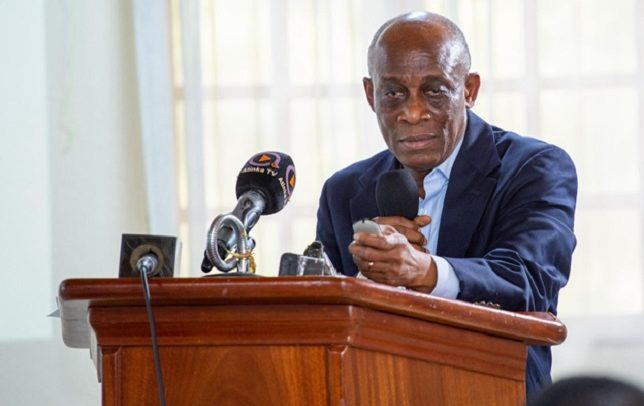

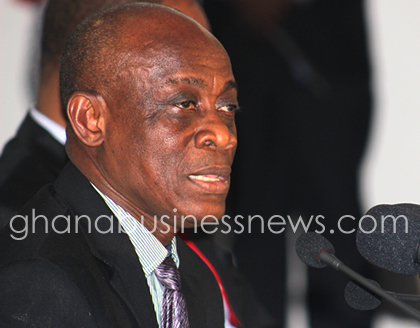

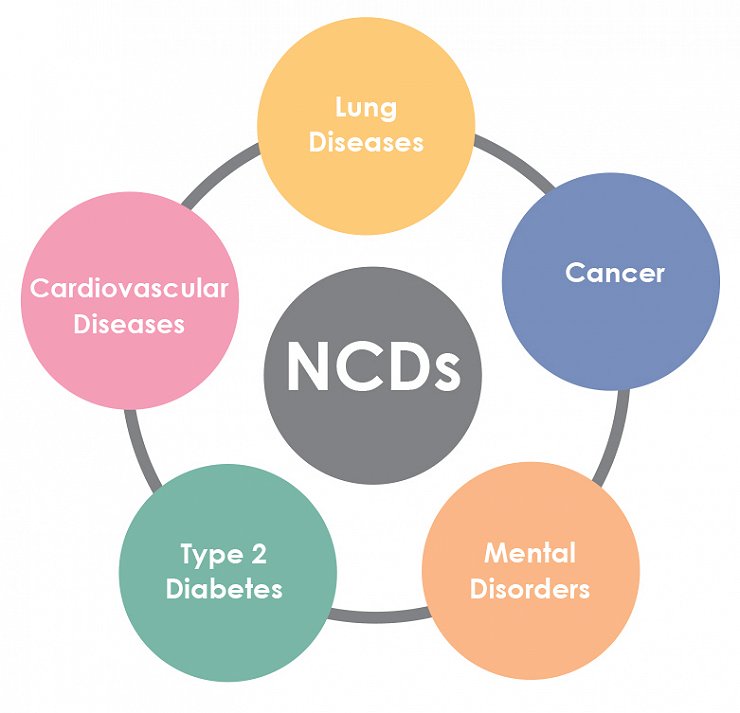
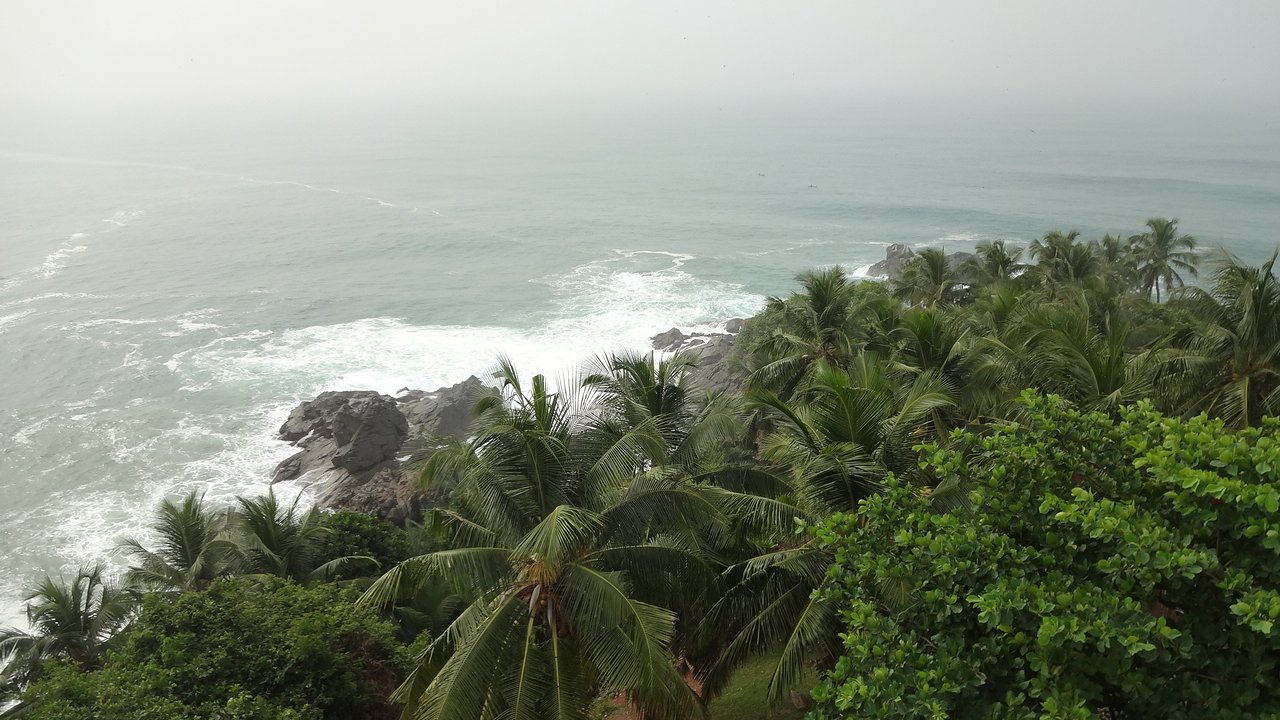
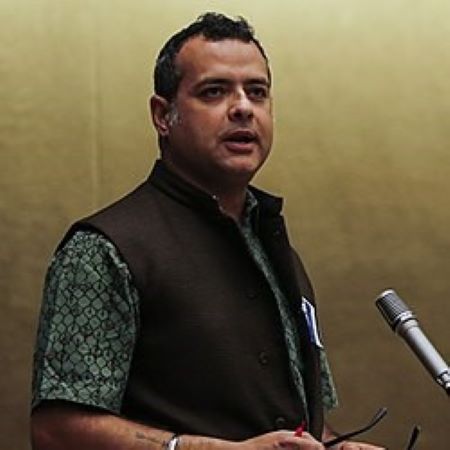












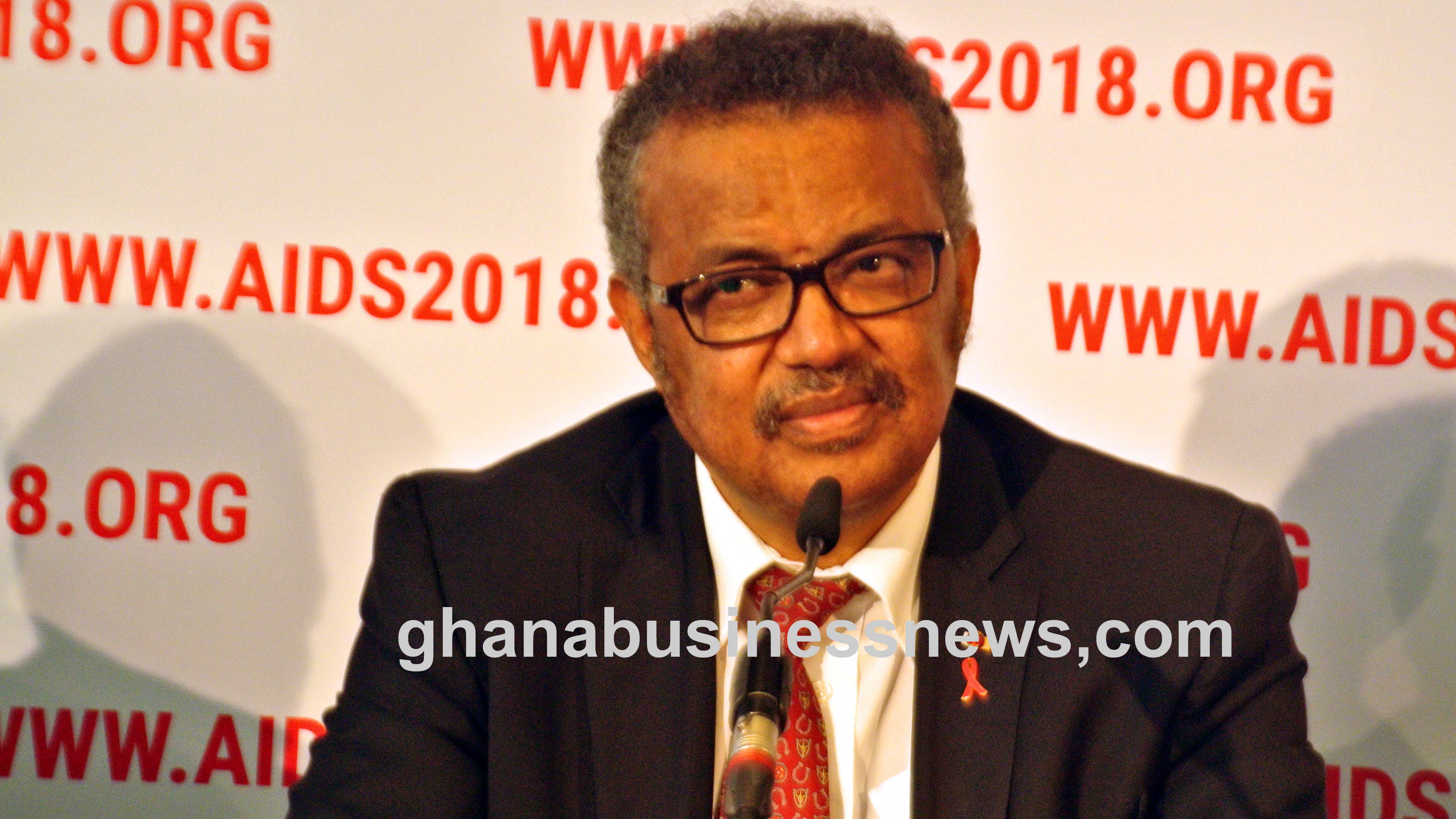




Facebook
Twitter
Pinterest
Instagram
Google+
YouTube
LinkedIn
RSS